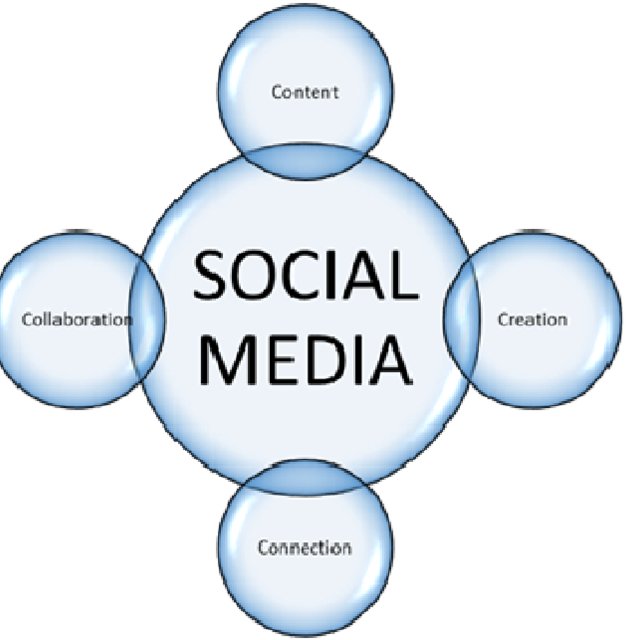Networks for Social Change: Empowering Communities and Individuals

सामाजिक परिवर्तन के लिए नेटवर्क: समुदायों और व्यक्तियों को सशक्त बनाना
नेटवर्क में सामाजिक परिवर्तन लाने और व्यक्तियों और समुदायों को सशक्त बनाने की शक्ति होती है. कनेक्शन और सहयोग बनाकर, नेटवर्क एक सामूहिक प्रभाव पैदा कर सकते हैं जो किसी भी व्यक्तिगत प्रयास से अधिक हो सकता है।
सामाजिक परिवर्तन के लिए नेटवर्क की शक्ति
सामाजिक परिवर्तन के लिए नेटवर्क के प्रमुख लाभों में से एक यह है कि वे विभिन्न दृष्टिकोणों और संसाधनों के साथ व्यक्तियों और संगठनों को एक साथ ला सकते हैं। इससे अभिनव समाधान, बेहतर समस्या-समाधान और जटिल मुद्दों की अधिक व्यापक समझ हो सकती है।
सामाजिक परिवर्तन के लिए नेटवर्क के उदाहरण
ऐसे नेटवर्क के कई उदाहरण हैं जिन्होंने सामाजिक परिवर्तन में महत्वपूर्ण योगदान दिया है. उदाहरण के लिए, #MeToo आंदोलन एक ऐसा नेटवर्क था जो सोशल मीडिया के माध्यम से बढ़ा और यौन उत्पीड़न और हमले के मुद्दों पर ध्यान आकर्षित किया। संयुक्त राज्य अमेरिका में नागरिक अधिकार आंदोलन भी प्रणालीगत नस्लवाद और असमानता को चुनौती देने के लिए एक साथ काम करने वाले व्यक्तियों और संगठनों का एक नेटवर्क था।
सामाजिक परिवर्तन के लिए नेटवर्क बनाना
सामाजिक परिवर्तन के लिए नेटवर्क बनाने के लिए सहयोग के प्रति प्रतिबद्धता और संसाधनों और ज्ञान को साझा करने की इच्छा की आवश्यकता होती है। इसके लिए नेटवर्क के भीतर संबंधों और भरोसे के निर्माण पर ध्यान देने के साथ-साथ शक्ति की गतिशीलता की समझ और वे नेटवर्क की प्रभावशीलता को कैसे प्रभावित कर सकते हैं, पर भी ध्यान देने की आवश्यकता है।
सामाजिक परिवर्तन के लिए नेटवर्क में प्रौद्योगिकी की भूमिका
सामाजिक परिवर्तन के लिए नेटवर्क का समर्थन करने में प्रौद्योगिकी महत्वपूर्ण भूमिका निभा सकती है। उदाहरण के लिए, सोशल मीडिया प्लेटफॉर्म हाशिए पर पड़े समुदायों की आवाज़ को बढ़ाने और सामाजिक मुद्दों के बारे में जागरूकता बढ़ाने में मदद कर सकते हैं। डिजिटल उपकरण भौगोलिक सीमाओं के पार सहयोग और सूचना साझा करने की सुविधा भी प्रदान कर सकते हैं।
नेटवर्क की शक्ति का उपयोग करके, हम एक अधिक न्यायसंगत और न्यायसंगत समाज बना सकते हैं, और सकारात्मक सामाजिक परिवर्तन लाने के लिए व्यक्तियों और समुदायों को सशक्त बना सकते हैं।
Networks for Social Change: Empowering Communities and Individuals
Networks have the power to create social change and empower individuals and communities. By building connections and collaborations, networks can create a collective impact that is greater than any individual effort could achieve.
The Power of Networks for Social Change
One of the key benefits of networks for social change is that they can bring together individuals and organizations with diverse perspectives and resources. This can lead to innovative solutions, better problem-solving, and a more comprehensive understanding of complex issues.
Examples of Networks for Social Change
There are many examples of networks that have made significant contributions to social change. For instance, the #MeToo movement was a network that grew through social media and brought attention to issues of sexual harassment and assault. The civil rights movement in the United States was also a network of individuals and organizations working together to challenge systemic racism and inequality.
Building Networks for Social Change
Building networks for social change requires a commitment to collaboration and a willingness to share resources and knowledge. It also requires a focus on building relationships and trust within the network, as well as an understanding of power dynamics and how they can impact the effectiveness of the network.
The Role of Technology in Networks for Social Change
Technology can play a critical role in supporting networks for social change. Social media platforms, for example, can help to amplify the voices of marginalized communities and raise awareness about social issues. Digital tools can also facilitate collaboration and information sharing across geographic boundaries.
By harnessing the power of networks, we can create a more just and equitable society, and empower individuals and communities to drive positive social change.